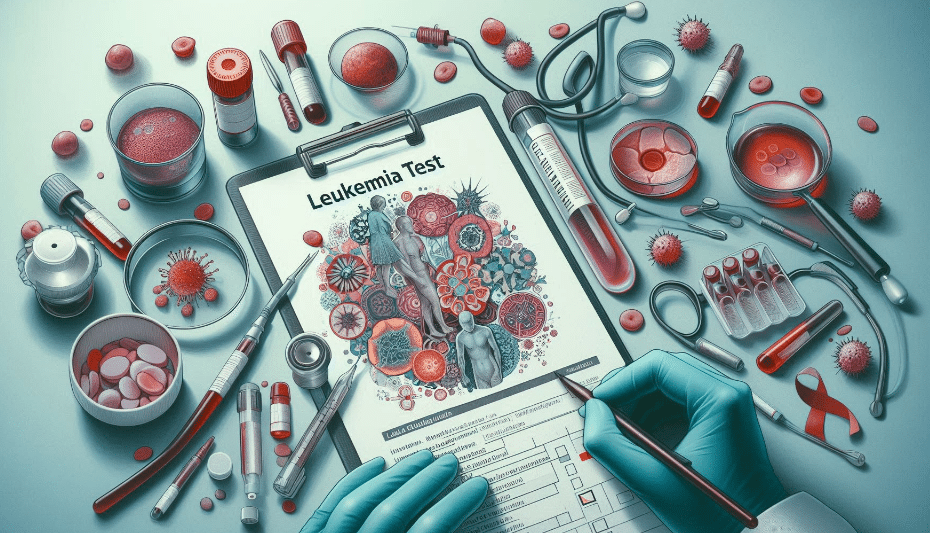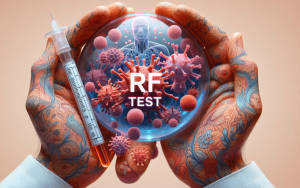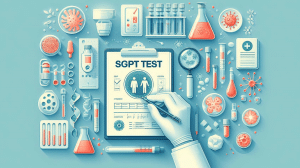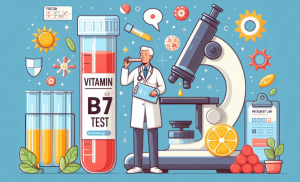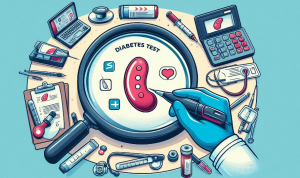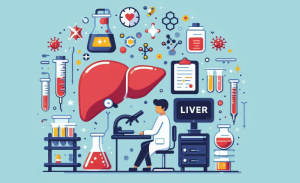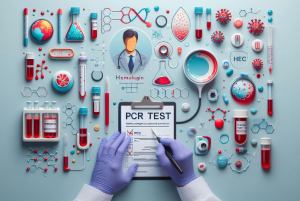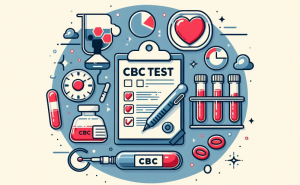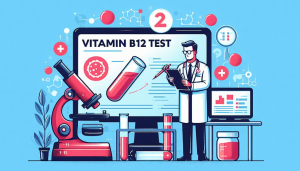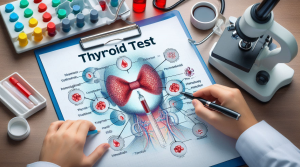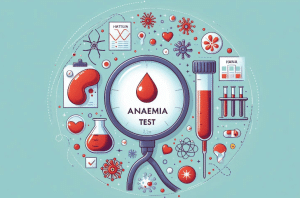What is a Leukemia Test?
Leukemia tests are a series of medical procedures used to diagnose and assess leukemia, a type of cancer that affects blood-forming cells in the bone marrow. These tests help identify the presence of leukemia cells, determine the type of leukemia, and evaluate the extent of the disease.
Why Do You Need a Leukemia Test?
Your doctor may recommend leukemia tests if you exhibit symptoms such as:
- Fatigue
- Weakness
- Pale skin
- Frequent infections
- Easy bruising or bleeding
- Unexplained weight loss
- Swollen lymph nodes
- Bone pain
- Fever
These symptoms can be associated with other conditions, so leukemia tests are crucial for accurate diagnosis.
What Does a Leukemia Test Measure?
Leukemia tests typically involve:
- Complete Blood Count (CBC): This blood test measures the levels of different blood cells (red blood cells, white blood cells, and platelets). Abnormal counts can indicate leukemia.
- Blood Smear: A drop of blood is examined under a microscope to look for leukemia cells and assess their appearance.
- Bone Marrow Aspiration and Biopsy: A sample of bone marrow is taken from the hipbone and examined for the presence and type of leukemia cells.
- Flow Cytometry: This specialized test analyzes the surface markers of blood or bone marrow cells to identify specific types of leukemia.
- Cytogenetics: Chromosomal analysis is performed to identify any genetic abnormalities associated with certain types of leukemia.
- Molecular Testing: This test looks for specific genetic mutations linked to particular types of leukemia, helping in diagnosis and treatment planning.
Preparing for the Test
Preparation for leukemia tests might involve:
- Fasting: Some blood tests might require fasting, so follow your doctor’s instructions.
- Discussing medications: Inform your doctor about all medications and supplements you’re taking, as they might affect the test results.
- Bone marrow biopsy preparation: If a bone marrow biopsy is required, your doctor will provide specific instructions regarding fasting, medications, and any necessary precautions.
Understanding the Results
Leukemia test results are usually interpreted by a hematologist or oncologist. They will explain:
- Presence of leukemia cells: Confirmation of leukemia diagnosis.
- Type of leukemia: Identification of the specific subtype (acute or chronic, lymphocytic or myeloid).
- Extent of the disease: Assessment of how much the leukemia has spread.
- Genetic abnormalities: Presence of any specific mutations that might influence treatment decisions.
Risk Factors and Prevention
Certain factors can increase the risk of developing leukemia, although most cases have no identifiable cause:
- Previous cancer treatment: Radiation therapy or chemotherapy for other cancers can increase the risk of developing leukemia later in life.
- Genetic disorders: Certain genetic syndromes are associated with an increased risk of leukemia.
- Exposure to certain chemicals: Exposure to benzene or other chemicals can raise the risk.
- Smoking: Smoking is linked to an increased risk of acute myeloid leukemia.
While complete prevention might not be possible, certain measures might help reduce the risk:
- Avoiding smoking: Quitting or avoiding smoking altogether is essential.
- Limiting exposure to chemicals: Take precautions to avoid exposure to harmful chemicals in the workplace or environment.
- Maintaining a healthy lifestyle: Eating a balanced diet, exercising regularly, and getting enough sleep can support overall health and immune function.
Remember, leukemia tests are essential for early diagnosis and appropriate treatment planning. If you have any concerns about leukemia, consult your doctor for further evaluation and guidance.

 7351982473
7351982473